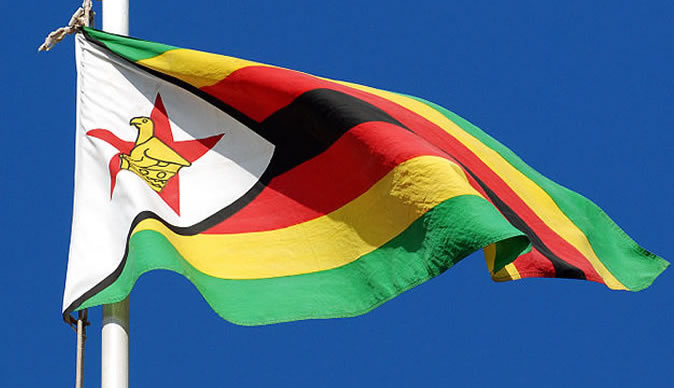
The Sunday Mail

Taurai Changwa Business Forum —
A NATIONAL identity and cultural ethos are intrinsic values that naturally shape business conduct. Experts usually say cultural behaviour can have a huge impact on how economies behave.
Deal & Kennedy (1982) define culture as “the way we do things around here”. But in order to understand our business ethos, there is need to also define how we do our things in Zimbabwe.
It is quite clear that there is a symbolic pride in the way countries such as the United States, China and the United Arab Emirates conduct business.
These countries are quite successful and their cultural ethos is one of the reasons for this. In particular, the Chinese, like the Japanese, are famous for their work ethic. They can really put hours into their day.
According to statistics from the Organisation for Economic Co-operation and Development, the average Japanese puts in 1 735 hours’ work in 2013, which is markedly more than the 1 489 in France and Germany’s 1 388.
It is, however, fewer than the 1 788 hours in the US. In July 2015, the government of prime minister Shinzo Abe introduced an initiative called “yukatsu” to encourage overworked employees to spend time and money on private life and leisure.
Now, workers are being encouraged to work between 7am and 5pm, which ordinarily is normal in this part of the world. In fact, government offices in some parts of Tokyo – Japan’s capital – switch off their lights at 8pm.
This is what defines them. Similarly, the Chinese are known to complete most, if not all, of their projects on time. Zimbabwe invested a lot of resources after Independence in order to mould a human resource that could help the country develop.
It is therefore not surprising that the country has exported many of its workers to neighbouring countries and overseas destinations who now occupy key positions. In a sense, it also shows that Zimbabweans are not strangers to hard work.
All the ingredients for success are there, but there are some attitudes and practices — arguably honed through the country’s hyperinflationary environment —that need to be tweaked in order to prime the economy for growth.
There are fundamental questions that need to be asked: Are we protecting our entrepreneurs or we are making life hard for them? In Zimbabwe, do we protect our entrepreneurs or do we help each other become successful in business?
This is what has made other civilisations successful. Indian businessmen and entrepreneurs are well-known for promoting workable and rewarding business networks. In Zimbabwe there is too much bureaucracy and red tape, and corruption is making it even more difficult to foster a culture of hard work and honesty, that is crucial for success.
However, a business culture is to a large extent learnt and not inherited. Culture lies somewhere between individual personality and human nature because these two traits are unique for every individual, the behaviour in-between these two extremes is identical to groups as it is learned and acquired through others.
There is need to re-write the script by getting back to basics. But it all starts by asking ourselves who we are and what makes us great. Its time to inculcate the values that make us great to our young entrepreneurs.
Honesty, respect, hospitality, hardwork and willpower are the building blocks that made our forebears very successful. These are the same attributes that will redefine our future successes. This initiative needs to be consciously driven by both the public and the private sector.
Unfortunately, Transparency International rates Zimbabwe as one of the countries that is plagued by corruption. Whether their rating reflects the reality of the situation on the ground or not, it is one of the reports that help inform and shape investor perceptions.
We cannot afford to ignore this fact and this is something that Zimbabwe needs to fix. Some scholars say organisations that give due consideration to culture are able to increase their efficiency and competitive position.
For the local economy to be efficient and effective, our culture needs to be aligned to the need to become competitive and successful. Local investors should be given the same respect as foreign investors.
For Zimbabwe’s economy to grow, those with the mind and skills to create wealth should always be given the platform to run their business with maximum support that they can get from Government.
The need to infuse our business practices with a national identity and cultural ethos cannot be overemphasised. There is an urgent need to rethink the way local businesses will have to redefine themselves and carve a niche in regional and international markets. And for this to be successful, a lot of soul searching is required.
Taurai Changwa is a member of the Institute of Chartered Accountants of Zimbabwe and an estate administrator with vast experience in tax, accounting, audit and corporate governance issues. He is MD of SAFIC Consultants and writes in his personal capacity. Feedback: [email protected], Facebook page SAFIC Consultancy and WhatsApp +263772374784



